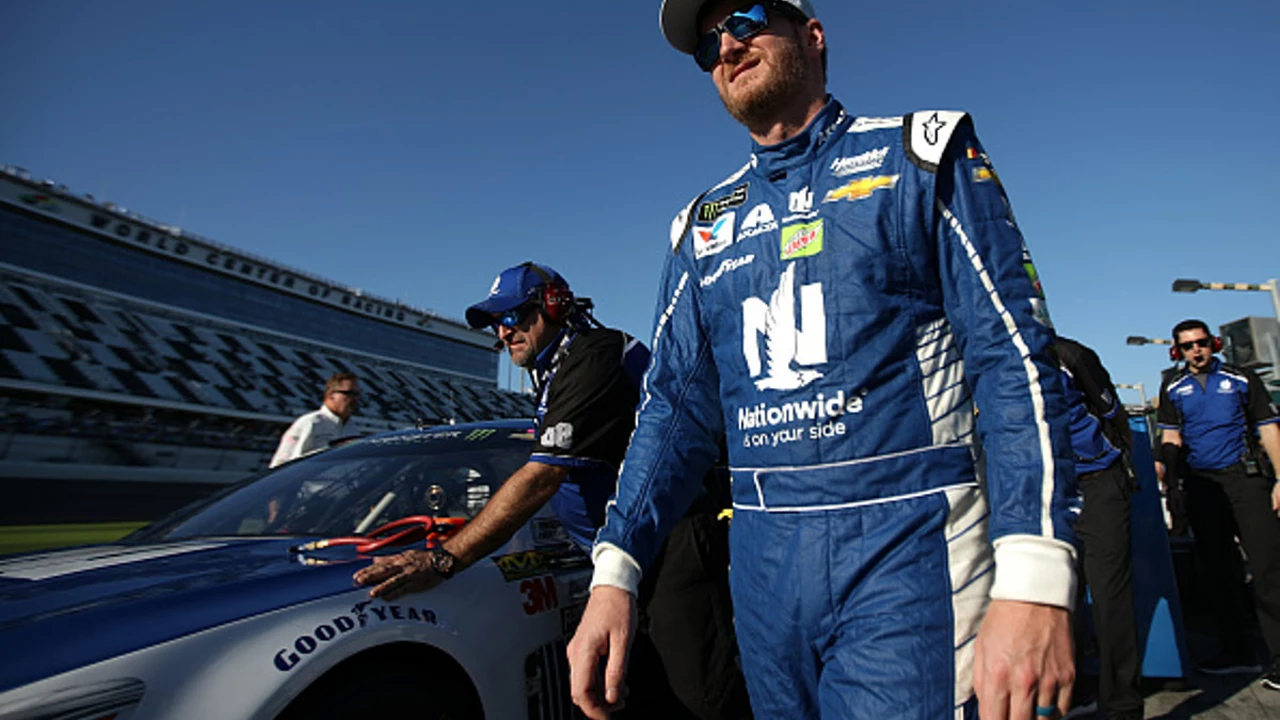Racing Career: How to Turn Passion Into a Professional Path
If you love the roar of engines and dream of sitting behind the wheel of a race car, you’re not alone. Thousands of fans think about turning that excitement into a real career, but most don’t know where to begin. This guide breaks down the exact steps you need to take, from first‑time karting to getting a proper racing licence.
Start with the Basics
The fastest way to learn is on the track, not on a gaming console. Begin with a local karting club – it’s cheap, safe, and teaches the fundamentals of braking, cornering, and racecraft. Most professional drivers still point to karting as their first lesson. Look for a club that offers coaching; a good instructor can spot bad habits early and help you improve faster.
While you’re karting, get familiar with the rules of the sport. Every series has a rulebook that covers safety gear, conduct on track, and licensing requirements. Knowing the rules inside out saves you headaches when you move up to bigger cars.
Steps to Advance Your Racing Career
1. Earn a racing licence. In most countries you need a licence from the national motorsport authority (like the MSA in the UK). To get one you’ll usually have to pass a written test on safety and complete a certain number of supervised laps. Don’t skip this – the licence is your ticket to official events.
2. Choose the right series. After karting, many drivers move to entry‑level formula cars, autocross, or club‑level touring car races. Pick a series that matches your budget and skill level. Formula Ford, Renault Clio Cup, and SCCA Autocross are popular stepping stones.
3. Invest in training. Performance driving schools like Simraceway (near San Francisco) or local race schools can teach you advanced car control, braking techniques, and how to give feedback to engineers. A few days of intensive training often pays for itself in lap‑time gains.
4. Build a network. Motorsport is a small community. Attend races, join automotive forums, and talk to team owners. Many opportunities come from personal connections rather than cold applications. A simple “Hey, I’m looking for a seat” can open doors if you’ve made a good impression.
5. Find sponsorship. Racing is expensive. Start small by approaching local businesses, car parts shops, or friends with a clear sponsorship package: what you’ll wear, where your logo appears, and how you’ll promote them. A well‑crafted proposal shows professionalism and can attract the first cash flow you need.
6. Track your progress. Keep a log of lap times, setups, and feedback after each race. Review the data with a coach or a more experienced driver. Seeing measurable improvement motivates you and gives you evidence to show potential sponsors.
7. Stay fit and focused. Racing isn’t just about driving fast; it’s about endurance, reflexes, and mental stamina. Regular cardio, strength training, and nutrition help you stay sharp for long events like Le Mans or endurance sprints.
8. Adapt and keep learning. The sport evolves quickly – new tires, aerodynamics, and even electric racing series are emerging. Be open to trying different disciplines; many drivers switch between rally, touring cars, and e‑racing to broaden their skill set.
Remember, a racing career isn’t a straight line. You’ll face setbacks, mechanical failures, and maybe a few missed sponsorship deals. The key is to stay persistent, keep improving, and enjoy the ride. If you love speed and are willing to put in the work, the track is waiting for you.

How would I get into motor racing as a 23 year old?
As a 23-year-old, getting into motor racing involves a few key steps. Firstly, you need to understand the sport, its rules and safety measures. Next, getting a basic education in driving and mechanics is crucial. It's also important to gain some hands-on experience, possibly through go-karting or attending a racing school. Lastly, networking within the industry, joining a racing club, and persistently seeking opportunities can lead you to your first race.
read more
Can I start to car racing If I am already 30?
As a 30-year-old, I recently wondered if it's too late for me to start car racing. After researching, I discovered that age is not necessarily a barrier, and many successful racers began their careers later in life. In fact, some racing categories and clubs cater specifically to older drivers. With determination, passion, and proper training, I realized I can still pursue car racing despite my age. The key is to start with realistic expectations and enjoy the thrilling journey of learning and improving.
read more